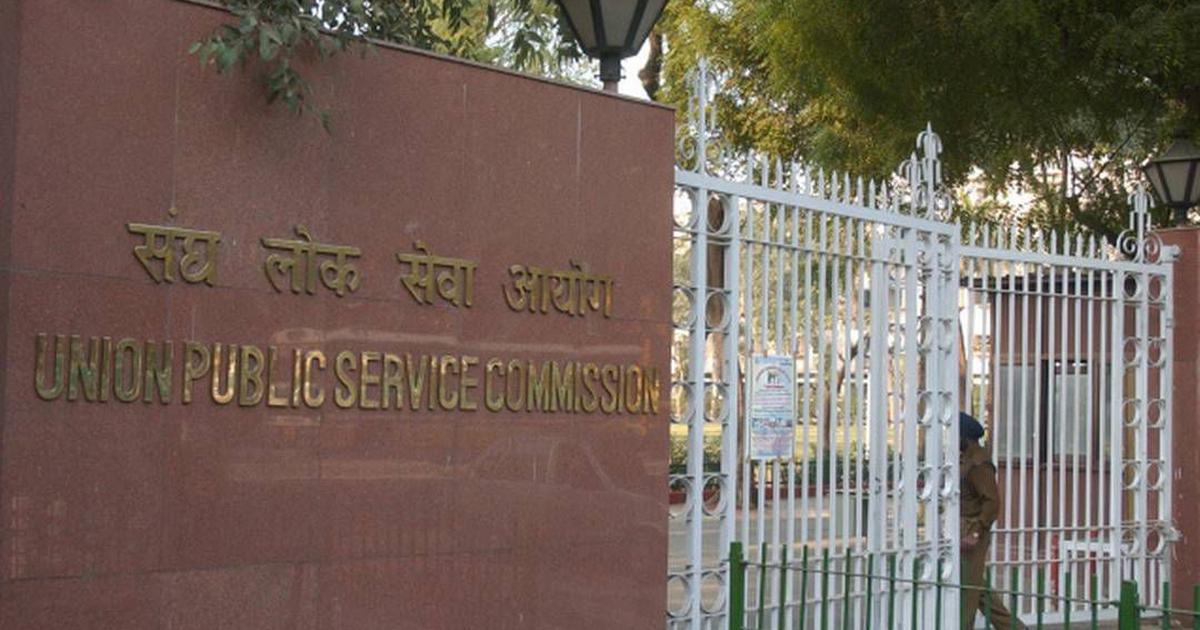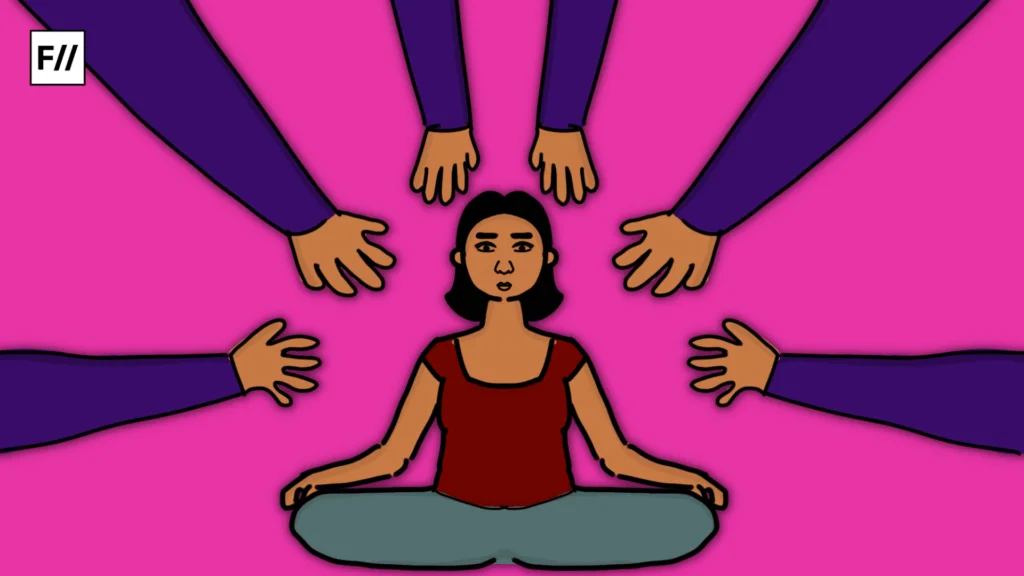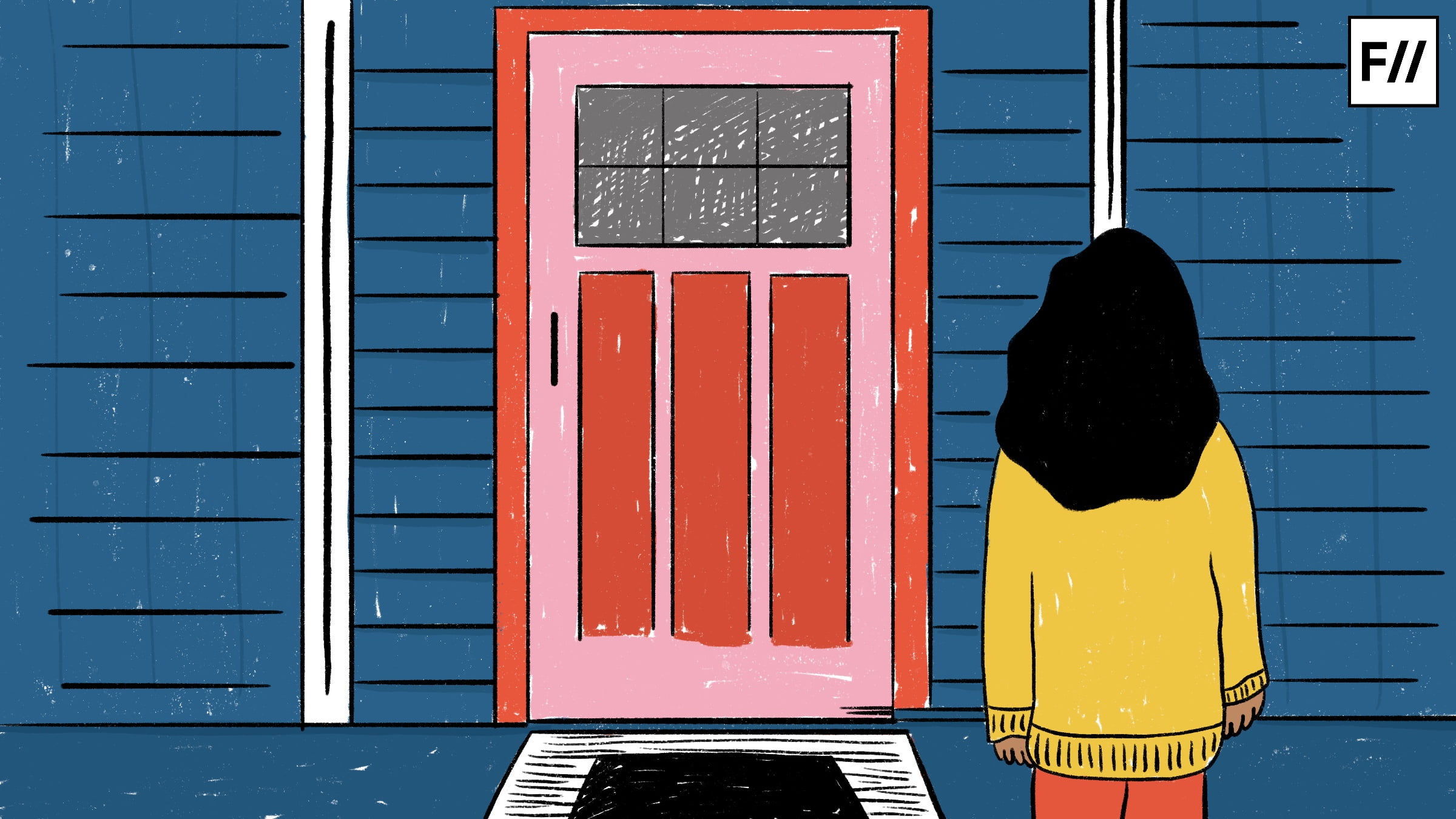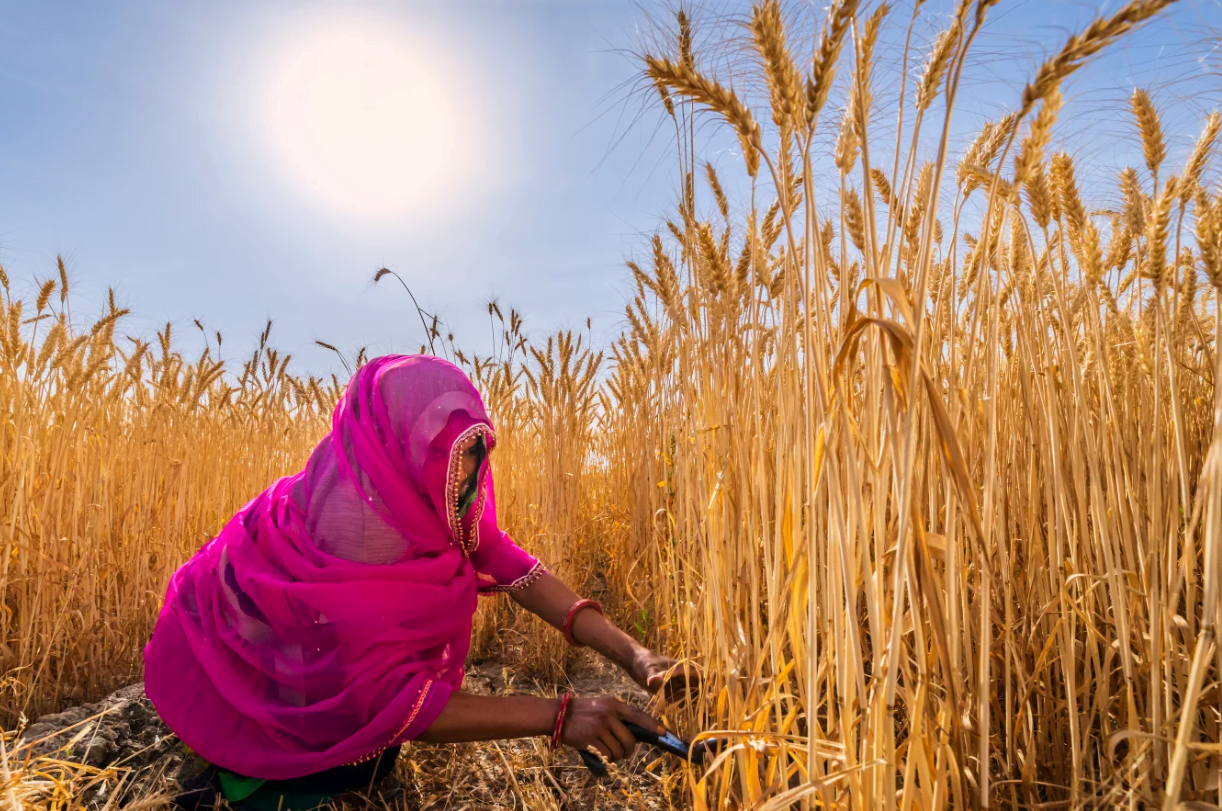The tag of “lady” being chivalrously put before my identity as an officer may prima facie look very simple and normal. But the chivalry becomes harmful and is not welcome when this “ascribed” honorific becomes the identity in itself, overshadowing the status “achieved” with so much hard work and dedication. Being in the Indian Administrative Services is empowering for sure, but if we think it can provide us an escape from the conservative mindset of society, we are completely wrong!
Is the problem big enough?
This feeling is omnipresent among all the “lady” officers, and very few gentlemen officers (though never addressed as such, they are just officers!) ever recognise it. The discussion on this issue is always confined to the clan of ‘women officers’.
The problem with issues like this is they are very subtle and cannot be comprehended in clear words. For example, while travelling in a bus, when someone touches you inappropriately, you go to a state of confusion where you try to decipher if it was done intentionally or was just a genuine mistake. Similarly, when you are at a higher position, people don’t dare to discriminate explicitly. Their indication and manner will be so fine-drawn that only you will be able to catch its wavelength. It becomes difficult to fix the accountability then. The psychological cost and self doubt cannot be quantified.
Being in the Indian Administrative Services is empowering for sure, but if we think it can provide us an escape from the conservative mindset of society, we are completely wrong!
The problem is never seen as big enough to attract people’s attention, and hence, it has to be iterated again and again to sensitise people and to keep this issue alive in public discourse. Because if the society is creating self doubt about the capability and efficiency as an officer in the mind of women, it will result into a bubble of frustration ready to burst anytime in future.
History Not Only Repeats, It Continues Sometimes
The discriminatory approach towards this class of women has been normalised from the beginning itself. Women were allowed to enter into the government jobs with the condition that they will leave the service once they get married. Anna George was the first lady to join Indian Administrative Services in 1951. Many people had doubts that women won’t be able to do justice with both professional and family life simultaneously because of gendered distribution of work. But this philosophy is not ancient, as men are not ready even today to share the burden of household responsibilities.
Although we are entering into the third decade of 21st century, the post millennial efforts to reduce gender gap have failed at many fronts. There is always an invisible perception among people which judges our competency and availability on field round the clock. A female officer has to make it very clear that she has no problem in controlling any law and order situation, and she can be called anytime if there is an emergency.
Still, women officers are not called even if the matter falls into her jurisdiction. A random male officer will be given the charge to pompously flaunt his masculine pride. They don’t have this burden to prove their machismo generally associated with the field job (as if they engage in street fighting during such situations, and being physically weak, a woman will falter). Bosses forget that we don’t live in jungle anymore where animals have to show their muscular strength to prove their prowess.
The Stereotypical Femininity
Female officers in the Indian Administrative Services are always expected to take softer approach. Let me try to make it clear by an incident that had happened recently in my subdivision. Last month, when FIRs had to be lodged against the farmers burning crops residue, out of 10 Revenue Inspectors, only one officer filed three FIRs and she did it at odd hours, going to the nearby Police Thana. Coincidentally, she was the only “lady” officer in the group. Now to appreciate her efforts and to boost her up, my subordinate congratulated her by saying that she is the only ‘man‘ in the group who did the commendable job, while rest of the officers are like ‘women’. Her efforts were not celebrated because of her proactive nature, but she did it despite of being a woman. And he stated it right in front of me! That was the epitome of incongruity.
Even in informal gatherings, a “lady” officer is expected to sit with the wives of other officers. A natural division gets created in parties where other officers sit together, talking about work and office, and it becomes a no woman entry zone. The probability of informal interaction between the officers of opposite gender is very sleek, while all the gentlemen sitting and hanging out together, resulting into a better chemistry and coordination, hence better working efficiency. It’s not that women are dying to be a part of it. It’s just that she is left out as second class citizen in the (m)anarchy of biases and prejudices.
Reel And Real
The mainstream media has also tried to cover this topic. The prevalent patriarchy in system is beautifully portrayed in the recent movie Mardaani 2 and two Netflix series Delhi Crime and Soni, where three female IPS officers try to establish themselves in this male dominated service. But as we all know, nothing is perfect. The English translation of Mardaani is ‘mannish or like a man’ and the movie portraying the life of a female IPS officer is paradoxically named Mardaani.
Similarly, if we try to see a much renowned poem from the lens of feminism, the valour of Jhansi ki Rani in the battlefield was celebrated by a poetess with words ‘khoob ladi mardaani’. A woman has to behave like a man to prove her worth. So the battle of sexes has penetrated to every sphere of life. We are addressed as “sirs”, “sahabs” and not “madams” because people are accustomed to take orders from men, not women. In fact, the discriminatory maternity leaves and child care leaves offered disproportionately only to women government servants strengthen this division. A female officer who wants to put career before anything is termed as ‘selfish’, while other officers are celebrated as career oriented!
The Pandemic Bias
It is not that this disease is limited to services. In fact, the conditions at the third level of democracy is more pathetic, where Pradhan Patis (husbands of lady Pradhans) or Pradhan Betas (sons of lady Pradhans) have no shame in addressing themselves as Pradhans in front of everyone. They manage and control everything. Sometimes, they are the ones who sign documents which is a crime, and it happens under the nose of the system. The women’s reservation provided under Article 243 of the Constitution is a very bold and progressive step, but the philosophy behind it has not yet percolated down the system.
Also read: Doctor Payal’s Fight Against Institutional Caste Discrimination
The Princess Syndrome
Female officers, who are single, are always seen as red light (the sign of Danger) and every other male officer will try to keep at least one hand distance from her. Just to make sure that people don’t think otherwise, they are not invited to the “all men” gatherings. Single women are not looking for a partner in every random guy. Unmarried female officers are not husband hunters. And if men are thinking in this manner, I must say they think very high of themselves for no reason. The princess syndrome is a falsified image created by Disney, and putting all the women under the same umbrella is a grave injustice to their independence, calibre, and personality.
If women are expected to give their 100% in the Indian Administrative Services, they deserve to be recognised at par with their counterparts. This is just the macro analysis of the problem.
Is there any way out?
Though this seemingly easy problem is known to everyone, but what worries me more is no strong step has yet been taken to make it right. The much needed gender sensitisation has been overlooked and dwarfed by other issues. This neglected problem is not the product of the imagination of feminists, but the identity crises felt by many, and it is generally swept under the carpet. What we need is a platform, where officers who are women can come forward and speak their heart out.
A problem is half solved if it is discussed and its gravity is realised by everyone. Solutions can be found once we realise that there “IS” a problem. It is a matter of behavioural change, not policy change. Policy can be formed, but behavioural change needs time. It has to be ingrained in the mind of a child so that the future generation is aware enough about these prejudices. People have to be sensitised. In fact female officers themselves have to be made aware of this so as to understand it better. Women should put in extra efforts to create their space and make their presence felt.
If women are expected to give their 100% in the Indian Administrative Services, they deserve to be recognised at par with their counterparts. This is just the macro analysis of the problem. The detailed surgery will open the layers of this rotten malignant approach towards women, which sometimes affect work assignments and postings as well. Anyway, many women have proven their mettle and provided guiding light to the newbies who are at this juncture of confusion and self doubt.
Also read: C B Muthamma: India’s First Woman IFS Officer | #IndianWomenInHistory
I hope it will get the attention it needs and in due course of time, we will just be officers. Nothing more but nothing less either.
Akanksha Rana has done an integrated MSc in economics from IIT Kanpur. IAS 2017 batch, UP cadre. Her current posting is as a Joint Magistrate in Prayagraj. You can follow her on Facebook and Twitter.
Featured Image Source: Scroll





Very nicely put!